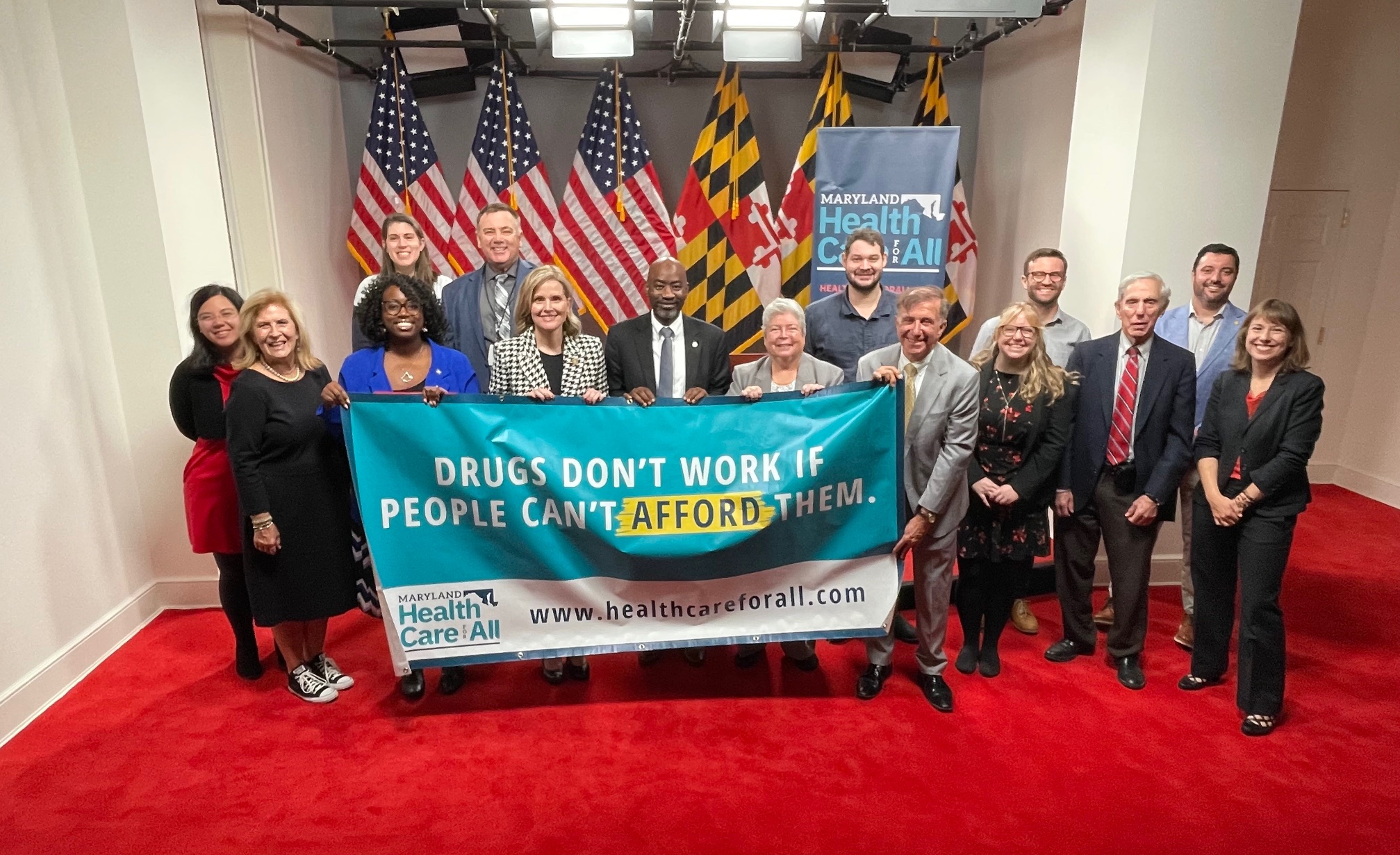Op-Ed
November 26, 2012
Our view: Perhaps the single most effective public health intervention
Maryland could take would be to increase the cigarette tax
Every year, some 400,000 Americans die from smoking-related illnesses,
the vast majority of them caused by cigarettes. As many as 40,000 more
die from the effects of inhaling secondhand smoke, making cigarettes
one of the leading causes of premature death in this country. It’s
hardly an exaggeration to say that any other product that presented
such a clear and present danger to public health would be illegal.
That’s why a coalition of public health advocates has proposed a
$1-per-pack increase in Maryland’s cigarette tax to encourage longtime
smokers to finally kick the habit and to dissuade younger people,
particularly teenagers, from taking it up. Every time Maryland has
raised its cigarette tax, which now stands at $2 a pack, smoking has
gone down and lives have been saved.
Raising taxes on anything is hardly popular these days, but cigarettes
may be an exception. Surveys suggest that 60 percent of Americans
think taxing cigarettes more heavily to discourage people from smoking
makes sense, especially if the additional revenues are used to improve
state health care programs and access to treatment for people with
smoking-related diseases.
Many adults who want to quit just need the extra push provided by
higher cigarette prices to decide that the health risks of continued
smoking aren’t worth it. And you can be certain that teens priced out
of the market by higher taxes will one day be thankful for their good
fortune. However cool they may think they look to their peers with a
butt dangling from their lips, most will eventually realize how lucky
they were never to have gotten a chance to become hooked.
Since Maryland began raising taxes on cigarettes more than a decade
ago, smoking in the state has declined by 32 percent, more than twice
as fast as the national average. Among teens, the drop has been even
more drastic, with 40 percent fewer young people becoming smokers over
the same period. That translates into as many as 70,000 lives that
have been saved by higher cigarette taxes over the last 12 years,
along with hundreds of millions of dollars in health care costs.
If lawmakers adopt the dollar increase proposed by a coalition of 500
businesses, religious groups and nonprofits, the price of a pack
cigarettes in Maryland would rise from about $6.25, including federal,
state and local taxes, to $7.25, making the cost of cigarettes here
the sixth-highest in the nation. That compares to about $4.50 a pack
in Virginia, whose 30-cent tax on cigarettes is one of the lowest in
the country, and New York City, where the state’s $4.35 tax pushes up
the price to more than $10 a pack.
The tobacco companies have long opposed any tax increase that would
cause people to smoke less; after all, they want to sell as many
cigarettes as possible, even if it kills their customers. So they will
surely drag out the hoary old argument that any change that makes
cigarettes more expensive will simply drive people out of state to
make their purchases.
In the past, there might have been some merit to that claim. But with
fuel prices being what they are today, no one is going to spend $4 on
gas to save a dollar on cigarettes. That’s certainly not what happened
after the cigarette tax was raised in 2007, nor is it likely to happen
now. Instead, people will just smoke less, which is good. Maryland’s
comptroller has reported an increase in cigarette smuggling in recent
years, but most of those lawbreakers are simply passing through
Maryland on their way to New York. The proposed tax increase wouldn’t
change that.
Adding a dollar to the cigarette tax could raise as much as $100
million a year in additional revenue. After past cigarette tax
increases, Maryland used the money to expand health care coverage to
more than 100,000 previously uninsured residents under the state’s
Medicaid program, and advocates have been remarkably successful in
seeing that the funds here ? unlike in some other states ? are
actually used to support smoking cessation programs, anti-smoking
campaigns for teens and other health initiatives.
This is not a matter of padding the state’s coffers. The huge decline
in the number of Maryland residents who smoke, with all the benefits
to the state and its citizens that entails, has been one of the great
public health success stories of the last decade. That’s an
achievement lawmakers must continue to build on.




